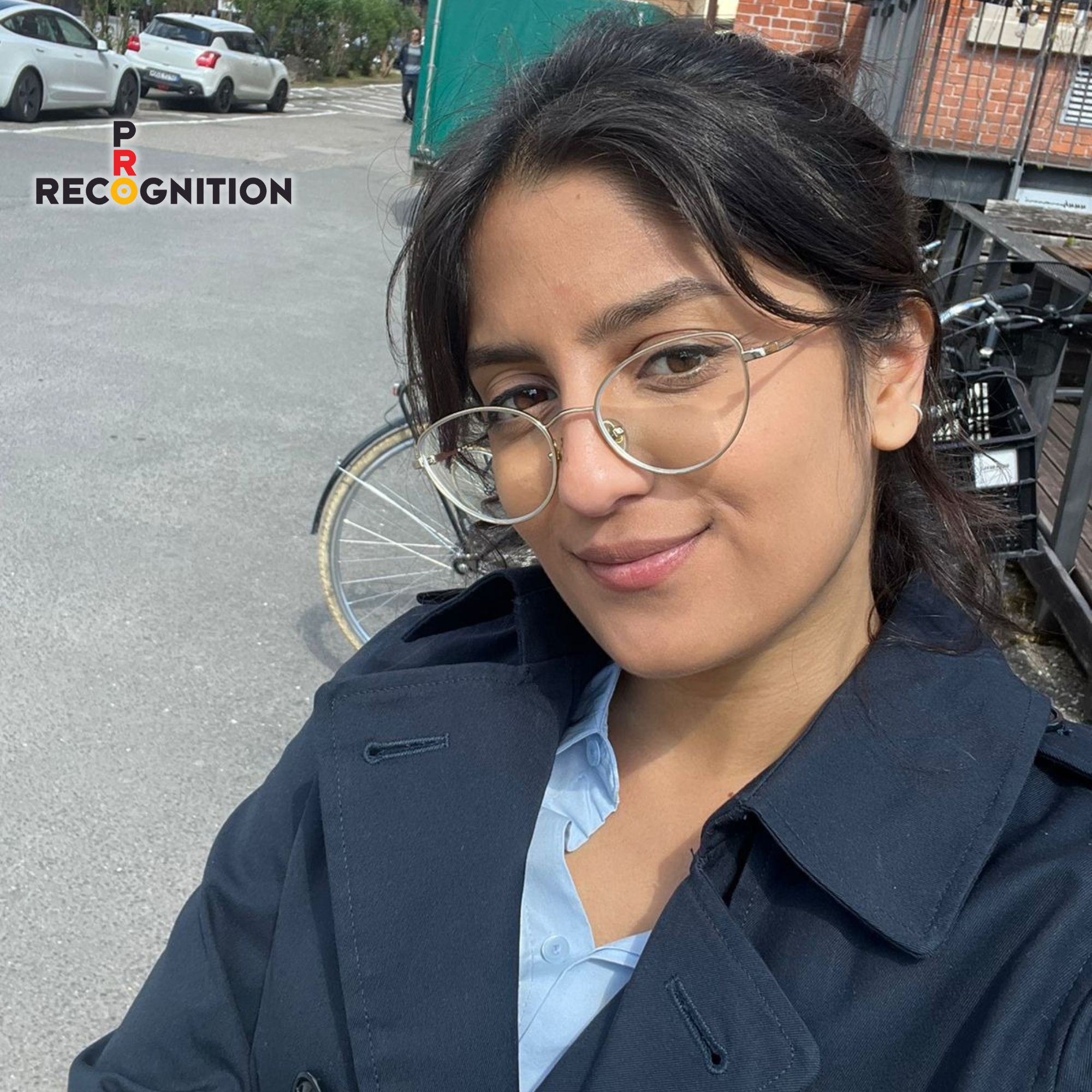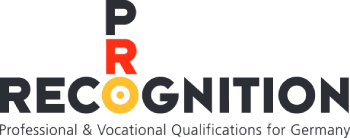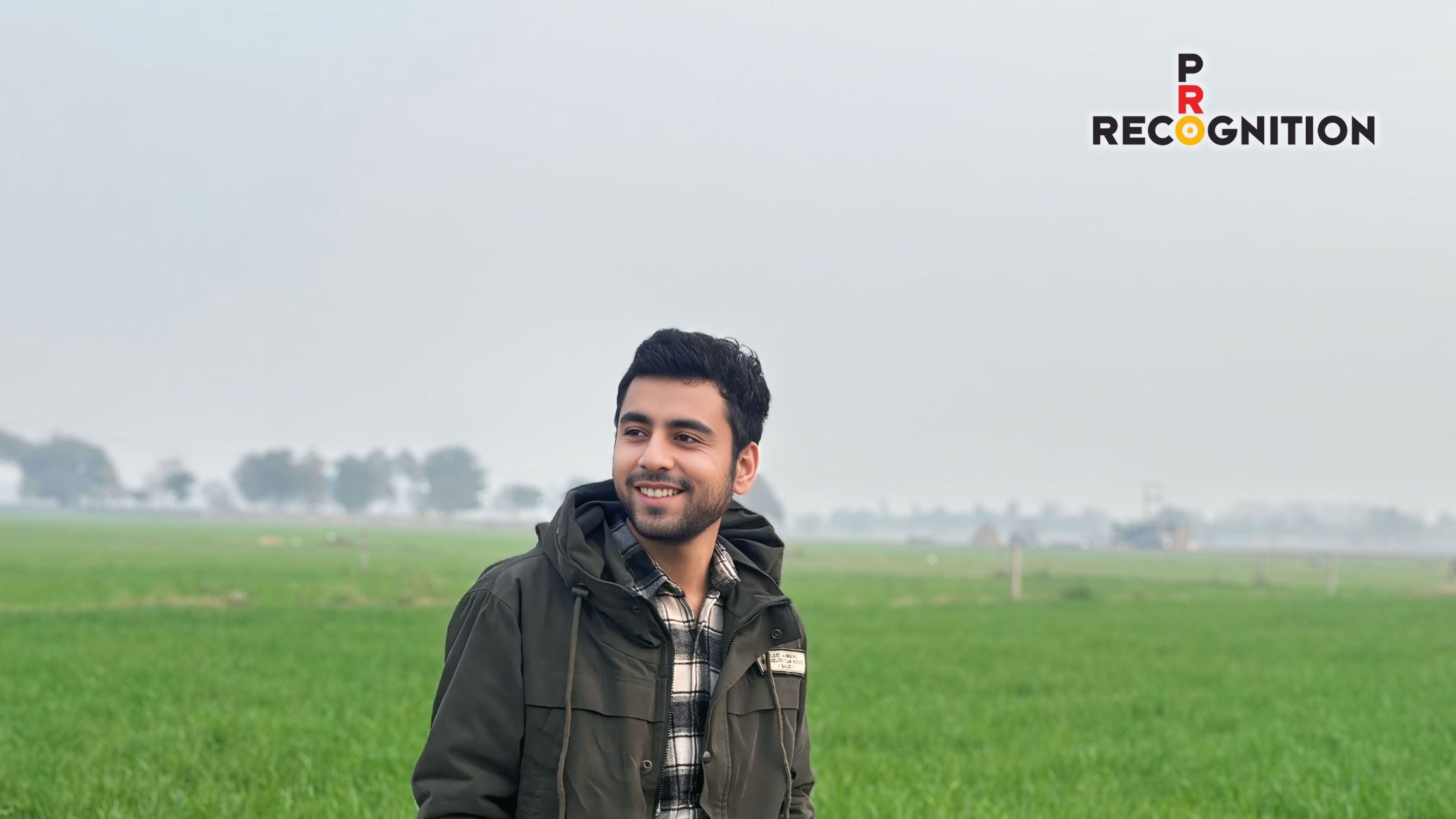
Learning, Adapting, Thriving: Easha’s Story as a Doctor in Germany
Not every professional journey to Germany begins with a job offer in hand. For some, it starts much earlier, with language learning and laying the groundwork for recognition and integration. Easha, a doctor from India, took this step-by-step approach—navigating the visa process, preparing documents, and adapting to German life before fully entering the medical system. Her story reflects the resilience, patience, and persistence required for skilled migration.
Interview with Easha R.
Author: What made you decide to come to Germany to work as a doctor?
Easha: After completing my medical degree, I was looking for a place where I could continue learning and growing professionally. Germany stood out for several reasons. It has one of the best healthcare systems in Europe and is known for its high medical and surgical standards.
As I researched more, I realised that Germany is actively seeking more doctors and has created a pathway for international medical graduates. This felt like a promising opportunity—especially at a time when entering countries like the UK or the US has become increasingly challenging for foreign-trained professionals.
On a personal level, I’ve always enjoyed learning new languages and adapting to different cultures, so moving to Germany felt like both a professional challenge and a personally enriching life experience.
Author: How did you prepare for the visa and recognition process from India?
Easha: Preparing for the visa and recognition process from India was definitely one of the most challenging parts of the journey. It involved a lot of research, paperwork, and constant follow-ups. I started by gathering detailed information from official German websites and speaking to others who had already gone through the process.
However, the information wasn’t always easy to gather, as experiences varied widely depending on the state or authority involved. This is where ProRecognition was incredibly helpful—it served as a reliable, one-stop source for all the necessary and legitimate information. Their guidance helped me navigate the process more confidently and avoid unnecessary confusion.
Author: Once you arrived in Germany, what were some things that felt very different or unexpected?
Easha: This one’s easy to answer! I was surprised by how difficult it can be to find housing. There are quite a few scams out there, and the few legitimate offers often receive dozens of applications, so the competition is intense.
What made it even more stressful was the amount of time it took—regularly viewing apartments, submitting documents, and waiting for replies took up a lot of time that I had hoped to dedicate to my studies.
What many people don’t realise is that housing is not just a personal need, it’s also essential for your official processes. Without a housing contract, you can’t do your Anmeldung (city registration), and without that, you can’t open a bank account or move forward with many other administrative steps. So until you find a place to live, everything else is basically on hold.
Author: How confident do you feel using German in a medical environment?
Easha: That’s a great question, and one I regularly try to evaluate myself! I would say I feel reasonably confident now, but the single biggest thing that has helped me is doing internships here in Germany. There’s nothing better than learning through real-life practice.
I struggled in the beginning, especially with understanding different accents, medical abbreviations, and fast-paced conversations. But I had to consciously remind myself to stay calm, listen carefully, and not be afraid to ask for clarifications.
I’ve also found that most colleagues are supportive when they see you making the effort, and patients are often quite understanding, too. I still make mistakes, of course, but I no longer let that stop me from communicating. Confidence, I’ve learned, comes with consistency and patience.
Author: What helped you improve the most?
Easha: Definitely practicing in an internship—especially in an environment where I wanted to impress my senior doctors and learn quickly so I could be good at what I do. If I’m being honest, sitting at home and studying never motivated me in the same way that being on the ground does.
When you’re in a real medical setting, you have actual responsibility! You’re not just learning for a test—being good at what you do genuinely matters, for your team and of course for your patients. This for me was a great motivator!
Also, just observing other doctors—seeing how skilled and efficient they are while remaining calm and empathetic—has been incredibly inspiring. It reminds me of the kind of doctor I want to become and motivates me to keep learning and improving every day.
Author: What part of German culture are you liking so far?
Easha: I’ve really come to appreciate how much Germans value structure, efficiency, and personal responsibility. Things are generally very well-organised.
I also admire the strong work-life balance here. People take their time off seriously, and there’s a real respect for personal boundaries—which I think is incredibly healthy, especially in a high-stress profession like medicine.
On a more everyday level, I absolutely love the culture of spending time outdoors. Whether it’s hiking, cycling, relaxing in a park, or swimming in the river, people really make space for nature and physical activity in their daily routines. It’s something I’ve found to be very grounding.
Easha’s path shows that migration is rarely straightforward—but with resilience, practical learning, and reliable guidance, it can be deeply rewarding. From overcoming housing hurdles to finding her voice in a medical setting, she has built confidence step by step. Support from ProRecognition gave her clarity in navigating recognition and visa processes, while her own determination ensured that she could adapt and grow. Her journey highlights the human side of skilled migration—full of challenges, but also full of promise.


